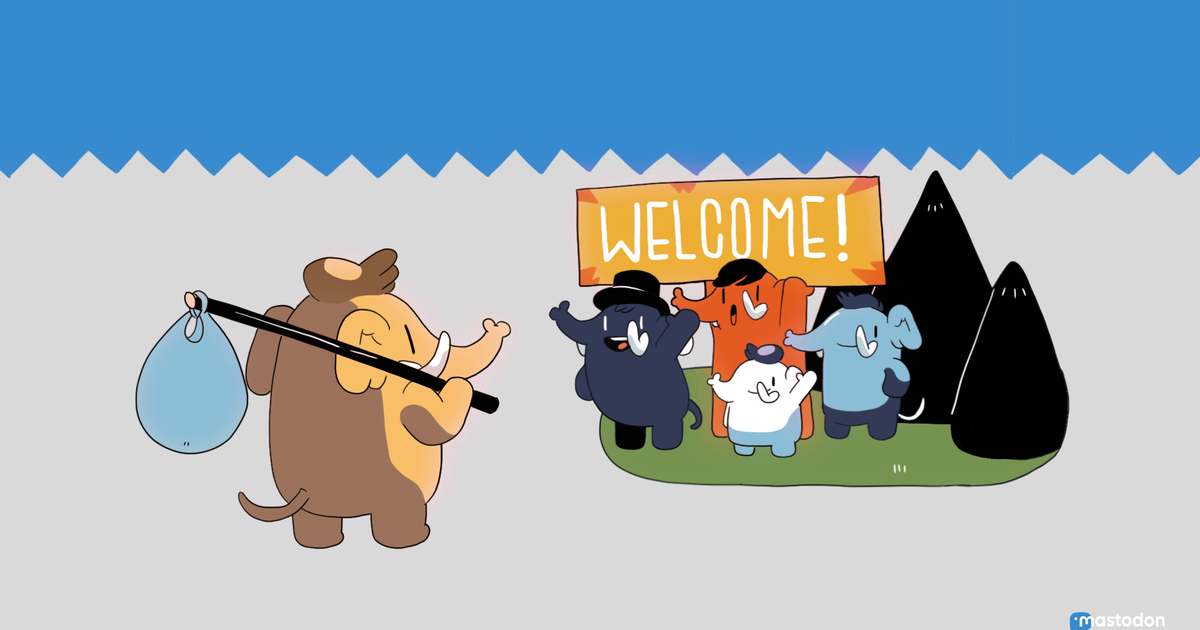"814 (54%) authors of papers where data were indicated to be ‘available upon request’ responded to our data requests, and 226 (14%) either shared or indicated willingness to share all or some data." Also, the response bias was racist. https://www.nature.com/articles/s41597-023-02129-8
"Available upon request" is fake open-washing that journal editors should not tolerate.
ht @petersuber #openscience @academicchatter
NatureEstimating social bias in data sharing behaviours: an open science experiment - Scientific DataOpen data sharing is critical for scientific progress. Yet, many authors refrain from sharing scientific data, even when they have promised to do so. Through a preregistered, randomized audit experiment (N = 1,634), we tested possible ethnic, gender and status-related bias in scientists’ data-sharing willingness. 814 (54%) authors of papers where data were indicated to be ‘available upon request’ responded to our data requests, and 226 (14%) either shared or indicated willingness to share all or some data. While our preregistered hypotheses regarding bias in data-sharing willingness were not confirmed, we observed systematically lower response rates for data requests made by putatively Chinese treatments compared to putatively Anglo-Saxon treatments. Further analysis indicated a theoretically plausible heterogeneity in the causal effect of ethnicity on data-sharing. In interaction analyses, we found indications of lower responsiveness and data-sharing willingness towards male but not female data requestors with Chinese names. These disparities, which likely arise from stereotypic beliefs about male Chinese requestors’ trustworthiness and deservingness, impede scientific progress by preventing the free circulation of knowledge.

